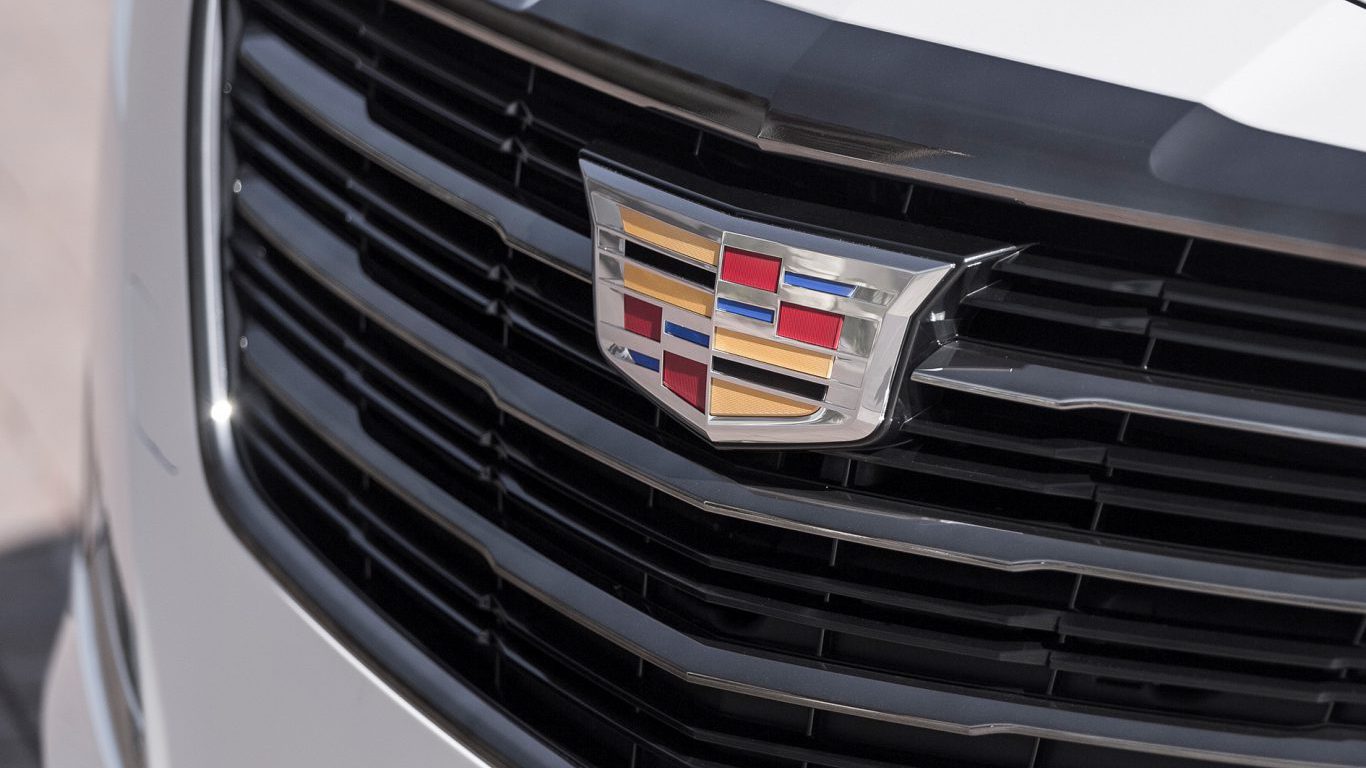Cars and Drivers
California Cadillac Dealers Push Back on New GM Incentive Plan

Published:
Last Updated:

Last February, the Cadillac division of General Motors Inc. (NYSE: GM) announced a change to its dealer incentive programs. The change was given a name, Project Pinnacle, and an implementation date of October 1, which has since been pushed out to January 1, 2017.
Grumbling from dealers began almost immediately, and now the California New Car Dealers Association, the largest dealer group in the country, has written to GM CEO Mary Barra saying it has some issues with the proposed changes. Enrollment in the program is voluntary, and dealers must sign up by the end of this month, an extension of the previous deadline by one month.
Complaints about the program focus on a perceived desire by GM to eliminate small dealers. The California association president complained about unreasonable performance standards for dealers, discrimination against small dealers, unreasonable requirements for facility upgrades, and violations of state franchise laws, including one that requires automakers to make incentive payments within 30 days.
Cadillac president Johan de Nysschen told Automotive News last month:
We are not at all at war with our dealer body. Let me make that absolutely, emphatically clear. This entire program has been developed over a period of more than a year, in very close consultation with key dealers. In fact every single aspect has been negotiated and developed jointly with the Cadillac National Dealer Council. It is fully endorsed by the council and it is bulletproof in terms of its legal robustness.
Project Pinnacle, as proposed in February and reported in Automotive News, “would divide Cadillac’s 925 [U.S.] dealers into five tiers based on their projected annual sales, and assign each tier a level of standards and incentives for hitting targets. Stores in the lowest tier would carry no inventory, instead selling new vehicles through a ‘virtual showroom’ and providing service.”
Automotive News cites one of the changes:
Cadillac will no longer automatically reimburse dealers for providing car buyers with a full tank of fuel, instead making that payment contingent upon meeting customer-satisfaction targets.
Not a big issue for the big dealers, but even at current cheap gas prices it could have a negative effect on smaller ones.
The voluntary nature of the program is also under attack by critics who say that participating dealers will be able to sell cars for much less — thousands of dollar less — than dealers who choose not to enroll.
Now seems like an odd time for GM to be fighting with its Cadillac dealers. Worldwide sales of the brand are up more than 20% year over year in each of the past two months. Year over year, U.S. sales have been higher for three straight months, and retail sales in China soared 93% in August.
GM stock traded up about 1% Wednesday morning, at $31.77 in a 52-week range of $26.69 to $36.88. The consensus 12-month price target on the stock is $36.47.
If you’re one of the over 4 Million Americans set to retire this year, you may want to pay attention.
Finding a financial advisor who puts your interest first can be the difference between a rich retirement and barely getting by, and today it’s easier than ever. SmartAsset’s free tool matches you with up to three fiduciary financial advisors that serve your area in minutes. Each advisor has been carefully vetted, and must act in your best interests. Start your search now.
Don’t waste another minute; get started right here and help your retirement dreams become a retirement reality.
Thank you for reading! Have some feedback for us?
Contact the 24/7 Wall St. editorial team.